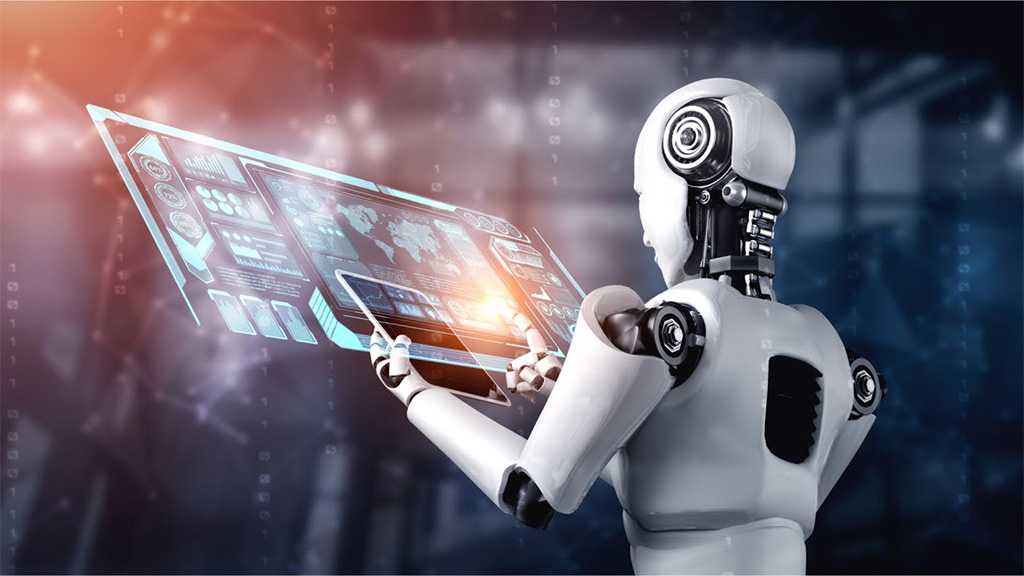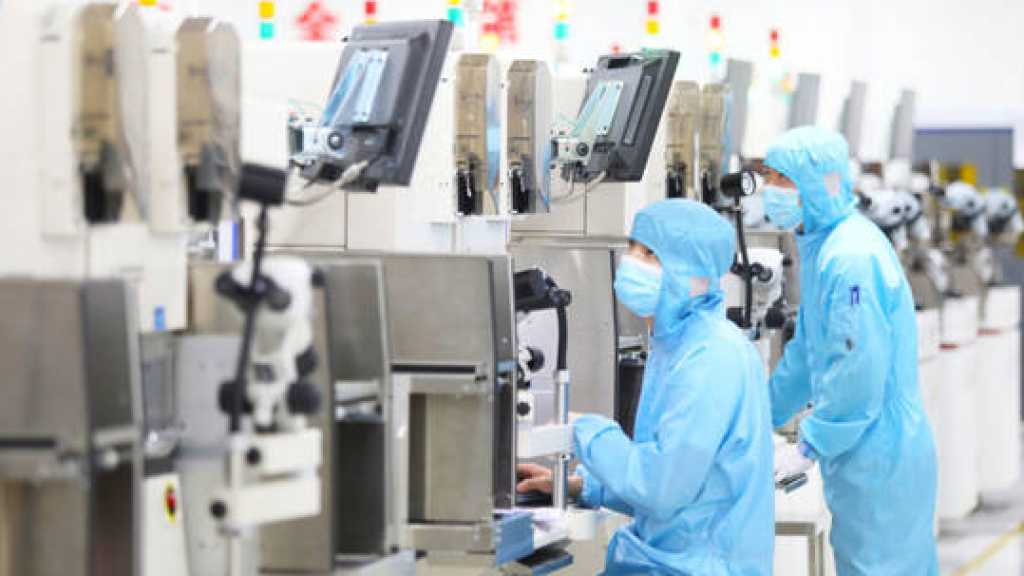
AI Poses Existential Threat and Risk to Health of Millions

By Staff, Agencies
AI could harm the health of millions and pose an existential threat to humanity, doctors and public health experts have said as they called for a halt to the development of artificial general intelligence until it is regulated.
Artificial intelligence has the potential to revolutionize healthcare by improving diagnosis of diseases, finding better ways to treat patients and extending care to more people.
But the development of artificial intelligence also has the potential to produce negative health impacts, according to health professionals from the UK, US, Australia, Costa Rica and Malaysia writing in the journal BMJ Global Health.
The risks associated with medicine and healthcare “include the potential for AI errors to cause patient harm, issues with data privacy and security and the use of AI in ways that will worsen social and health inequalities”, they said.
One example of harm, they said, was the use of an AI-driven pulse oximeter that overestimated blood oxygen levels in patients with darker skin, resulting in the undertreatment of their hypoxia.
But they also warned of broader, global threats from AI to human health and even human existence.
AI could harm the health of millions via the social determinants of health through the control and manipulation of people, the use of lethal autonomous weapons and the mental health effects of mass unemployment should AI-based systems displace large numbers of workers.
“When combined with the rapidly improving ability to distort or misrepresent reality with deep fakes, AI-driven information systems may further undermine democracy by causing a general breakdown in trust or by driving social division and conflict, with ensuing public health impacts,” they contend.
Threats also arise from the loss of jobs that will accompany the widespread deployment of AI technology, with estimates ranging from tens to hundreds of millions over the coming decade.
“While there would be many benefits from ending work that is repetitive, dangerous and unpleasant, we already know that unemployment is strongly associated with adverse health outcomes and behavior,” the group clarified.
“Furthermore, we do not know how society will respond psychologically and emotionally to a world where work is unavailable or unnecessary, nor are we thinking much about the policies and strategies that would be needed to break the association between unemployment and ill health,” they added.
But the threat posed by self-improving artificial general intelligence, which, theoretically, could learn and perform the full range of human tasks, is all encompassing, they suggested.
“We are now seeking to create machines that are vastly more intelligent and powerful than ourselves. The potential for such machines to apply this intelligence and power, whether deliberately or not and in ways that could harm or subjugate humans, is real and has to be considered.
Separately, in the UK, a coalition of health experts, independent factcheckers, and medical charities called for the government’s forthcoming online safety bill to be amended to act against health misinformation.
Signed by institutions including the British Heart Foundation, Royal College of GPs, and Full Fact, the letter calls on the UK government to add a new legally binding duty to the bill, which would require the largest social networks to add new rules to their terms of service governing how they moderate health-based misinformation.



